Centrifugal blower fans are a crucial component in various automotive applications, including cooling systems and cabin air quality enhancement. These fans provide efficient airflow and help optimize fuel economy, making them an essential feature in modern vehicles. Let's take a deep dive into the world of centrifugal blower fans and understand their significance in automotive applications.
A Deep Dive into Centrifugal Blower Fans in Automotive Cooling Systems
Automotive cooling systems play a vital role in maintaining optimal engine performance and preventing overheating. Centrifugal blower fans are commonly used in these systems to ensure efficient airflow and dissipate heat effectively. By design, these fans use centrifugal force to draw in air from the surroundings and deliver it at high velocities to the engine compartment.
The use of centrifugal blower fans in automotive cooling systems offers several advantages. Firstly, their compact size allows for easy integration into the limited space available in vehicles. Secondly, their ability to generate high air velocities ensures efficient cooling, even at low speeds. Lastly, these fans operate quietly, reducing noise pollution inside the vehicle and enhancing the overall driving experience.
How Centrifugal Blower Fans Enhance Cabin Air Quality in Vehicles
In addition to cooling systems, centrifugal blower fans also contribute to creating a comfortable cabin environment with enhanced air quality. These fans are an integral part of the ventilation system in vehicles, ensuring the circulation of fresh air and removal of pollutants and odors.
Centrifugal blower fans help improve cabin air quality by effectively removing airborne contaminants. They draw in external air through various intake points, such as air filters, and expel it into the cabin after passing through the HVAC (Heating, Ventilation, and Air Conditioning) system. This process helps remove dust, allergens, and other pollutants, ensuring clean and breathable air for the occupants.
Efficiency on the Road: Advancements in Centrifugal Blower Fan Technology for Fuel Economy
In recent years, automotive manufacturers have been focusing on improving fuel economy to meet stricter environmental regulations and customer demands. Centrifugal blower fan technology has played a crucial role in achieving these goals.
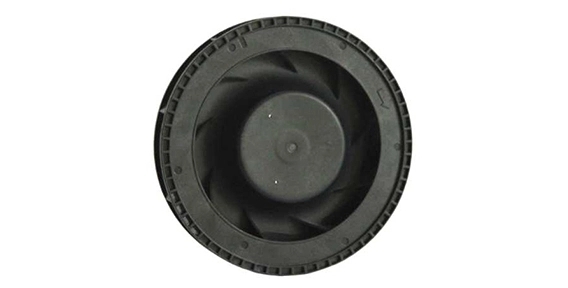
Advancements in axial cooling fan technology have led to more efficient airflow management in vehicles. These fans are designed to minimize energy consumption while maintaining optimal cooling and ventilation performance. By reducing the power required to operate these fans, automotive manufacturers can achieve significant fuel savings and improved overall efficiency.
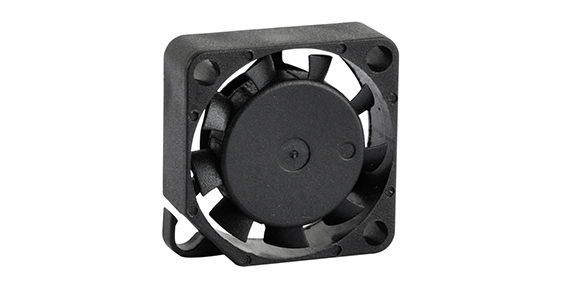
Furthermore, the integration of advanced control systems and variable speed drives allows for better control over centrifugal blower fans. This technology enables the fans to adjust their speed and airflow based on the requirements, resulting in further fuel economy improvements.
Centrifugal blower fans have become indispensable in automotive applications, particularly in cooling systems and cabin air quality enhancement. These fans enable efficient airflow management, ensuring optimal engine performance and a comfortable cabin environment. With advancements in technology, centrifugal blower fans have also contributed to improving fuel economy and reducing environmental impact. As automotive manufacturers continue to innovate, we can expect further advancements in centrifugal blower fan technology, making vehicles more efficient, comfortable, and environmentally friendly.

 EN
EN 

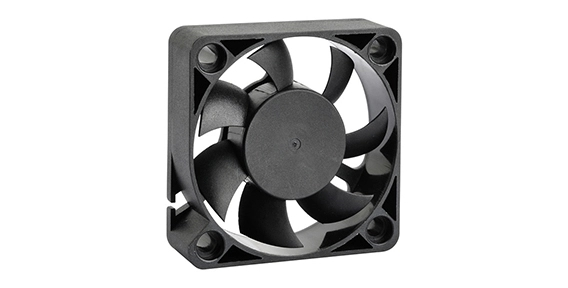 +
+
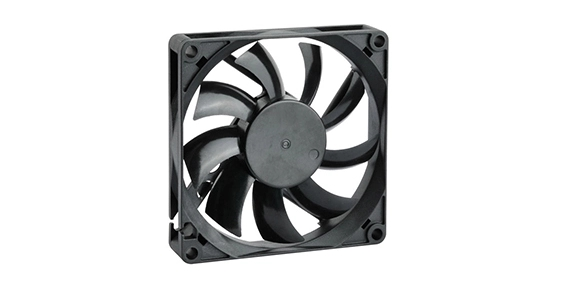 +
+
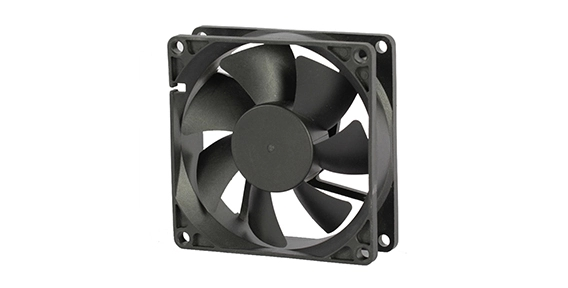 +
+



